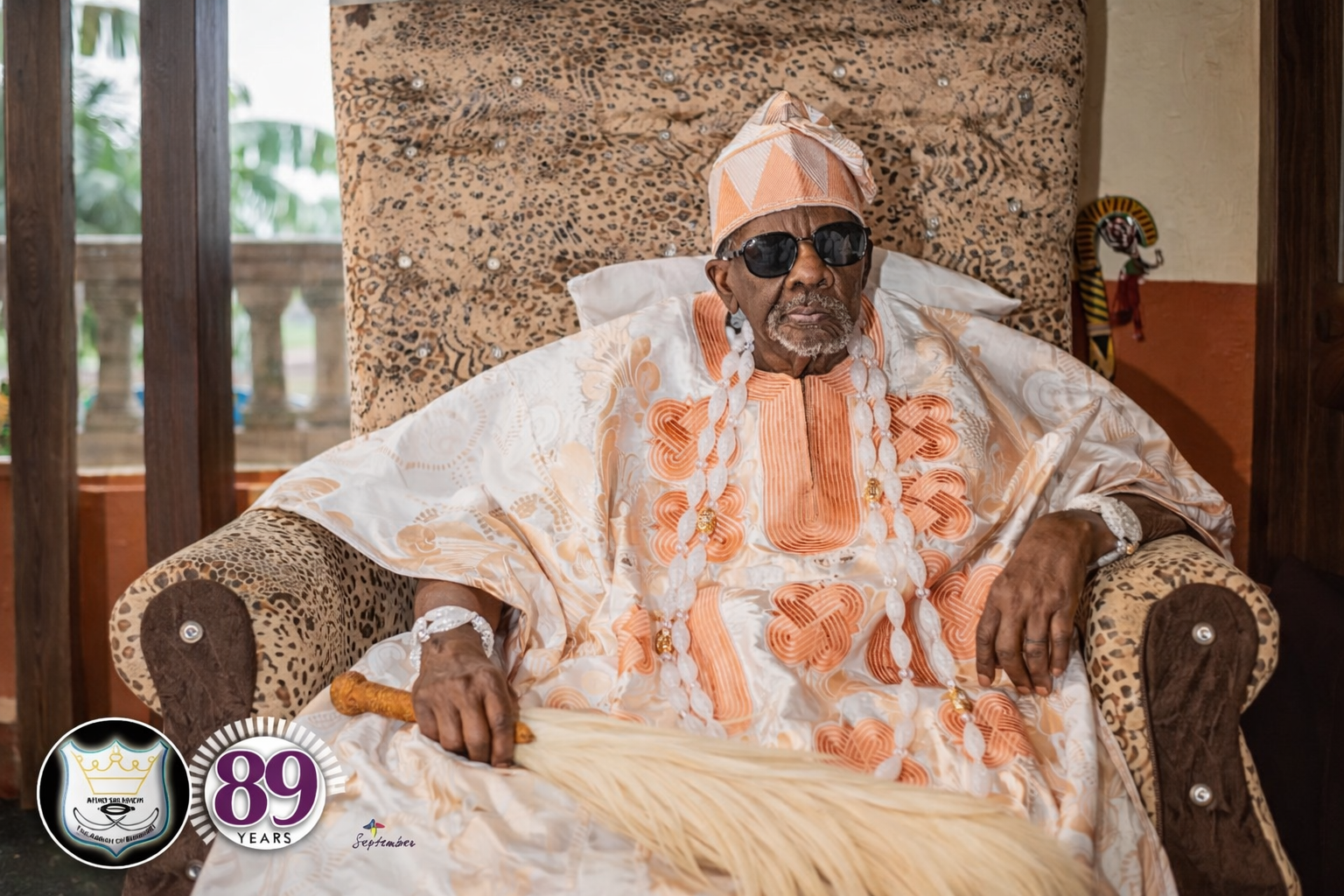Nigeria is working towards achieving the January 1, 2030, target of phasing out ozone-depleting substances (ODS) in foam, refrigeration, and air conditioning sectors to create an enabling environment for manufacturing practices that are sustainable and climate-friendly.
The Minister of Environment, Balarabe Lawal, gave the assurance yesterday in Lagos during the commissioning of the Optimised System House for the formulation of ozone and climate-friendly polyurethane systems in the manufacture of rigid foam at Vitapur Nigeria Limited, a subsidiary of Vitafoam Nigeria Limited.
He said the plan under the Hydrochlorofluorocarbons Phase out Management Plan (HPMP) stage II project was being implemented by the ministry through the National Ozone Office and the United Nations Development Programme (UNDP).
He recalled stage I of the project, which he said had challenges such as shrinkage and high densities of the end-product, and called for an upgrade.
To address the challenge, Lawal said it became necessary to optimise the system using different environmentally-friendly blowing agents, under the Multilateral Fund of the Montreal Protocol, to ensure Nigeria contributes towards global efforts in ensuring a sustainable environment for all.
Highlighting some of the benefits, the minister said it could lead to increased foreign exchange earnings for the country, support green jobs, and facilitate local production of environmentally-friendly foam products.
Reaffirming Nigeria’s commitment to the Montreal Protocol and the Kigali Amendment Programme, he assured that the country would put in place necessary policies and enabling legislation that would support relevant stakeholders involved in the implementation of the multilateral environmental agreements to which Nigeria is a party.
Chairman of Vitafoam, Zakari Sada, said to fully optimise the potential of the project, the minister should engender government policies that would foster an enabling environment for private entrepreneurs to set up sandwich panel production lines across the six geopolitical zones in Nigeria.
Giving a status update on the project, the Group Managing Director of Vitafoam, Taiwo Adeniyi, said even though the project has achieved the set objectives, it however, thrown up some challenges, such as testing of imported PU finished goods/product for ODS blowing agent content and testing of imported PU manufacturing raw material for ODS blowing agent content.
On her part, the UNDP Resident Representative, Elsie Attafuah, represented by Muyiwa Odele, expressed satisfaction with Nigeria’s compliance with the phase-out of ozone-depleting materials.
She said the commissioning represents a powerful symbol of Nigeria’s leadership in environmental stewardship, industrial innovation, and sustainable development.
According to her, it also reflects the strength of the partnership between the government, the private sector, and the international community in advancing climate action and inclusive economic transformation.






